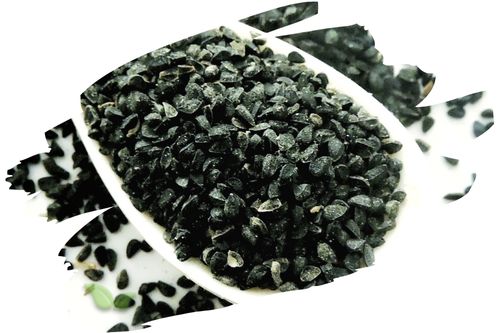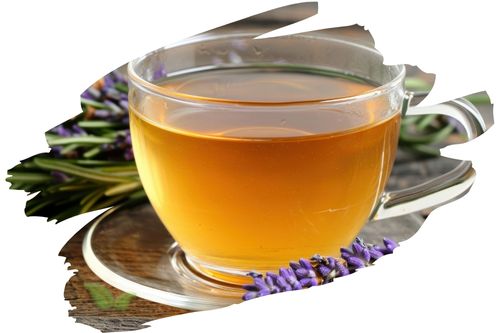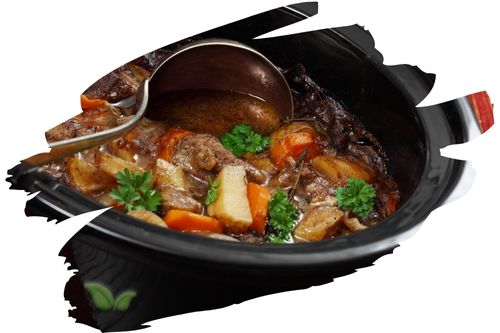
Introduction
Curry powder, a beloved spice blend known for its mesmerizing aroma and rich flavors, has an equally fascinating history. This article delves deep into the captivating journey of "The History and Origins of Curry Powder." Join us as we unravel the origins, evolution, and cultural significance of this culinary gem.
The History and Origins of Curry Powder
The origins of curry powder are shrouded in the mists of time, making it a culinary enigma.
Ancient Beginnings
The tale of curry powder begins in the ancient kitchens of the Indian subcontinent, where spices were treasured like gold. In this melting pot of flavors, various spice blends emerged, laying the foundation for what we now know as curry powder.
Evolution in India
Centuries passed, and curry powder evolved alongside India's rich culinary traditions. Local variations emerged, reflecting regional tastes and ingredient availability. These unique blends became integral to Indian cuisine, each offering a distinct flavor profile.
Introduction to the West
The journey of curry powder from the Indian subcontinent to the Western world is a tale of exploration and trade. European explorers and traders marveled at the exotic spices they encountered on their voyages. Curry powder became an exotic treasure that made its way to European kitchens.
Birth of the Curry Powder Blend
The birth of the term "curry powder" can be attributed to the British. It was their attempt to simplify the diverse and complex Indian spice blends. They blended various spices like coriander, turmeric, cumin, and fenugreek to create a standardized curry powder.
Curry Powder Today
Today, curry powder has transcended its origins and is a global sensation. It's a staple in many kitchens worldwide, loved for its convenience and versatility. It has also inspired a myriad of culinary creations beyond traditional curries.
FAQs
Q: What are the key ingredients in curry powder?
A: Curry powder typically includes spices like coriander, turmeric, cumin, fenugreek, and various others. The exact blend can vary, giving rise to different flavor profiles.
Q: Is curry powder the same as curry paste?
A: No, curry powder is a dry spice blend, while curry paste is a wet mixture often containing ground spices, herbs, and sometimes coconut milk.
Q: Can I make my own curry powder at home?
A: Absolutely! Homemade curry powder allows you to customize the blend to your taste. You can find many recipes online to guide you.
Q: What dishes can I make with curry powder?
A: Curry powder is incredibly versatile. Apart from traditional curries, you can use it in soups, stews, marinades, and even on roasted vegetables for a burst of flavor.
Q: Is curry powder spicy?
A: Not necessarily. While some curry powders can be spicy, many are mild and aromatic. You can choose the level of heat that suits your palate.
Q: Are there health benefits to using curry powder?
A: Yes, curry powder often contains spices known for their potential health benefits, such as anti-inflammatory and antioxidant properties.
Conclusion
"The History and Origins of Curry Powder" is a testament to the enduring allure of spices and their power to connect cultures and ignite culinary creativity. From its humble beginnings in ancient India to its global popularity today, curry powder continues to be a beloved seasoning that adds depth and flavor to dishes around the world.
Alert: While spices can have many beneficial properties for health, using them for medical purposes should be done under the guidance and supervision of a healthcare professional or specialist. Some spices may interact with medications or cause adverse reactions in certain individuals, and it is important to use them safely and appropriately. If you are considering using spices for a medical condition, it is important to consult with a healthcare professional before doing so.




















































